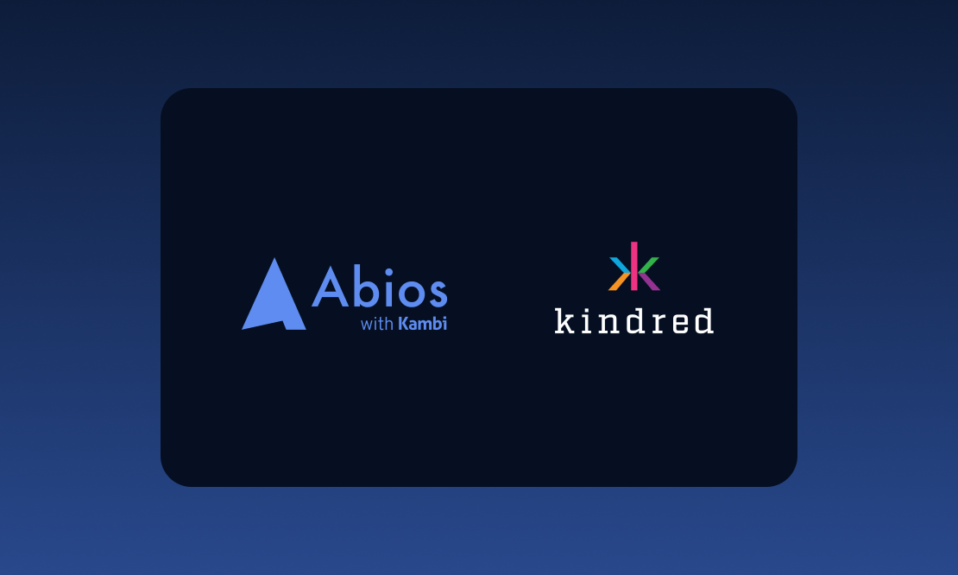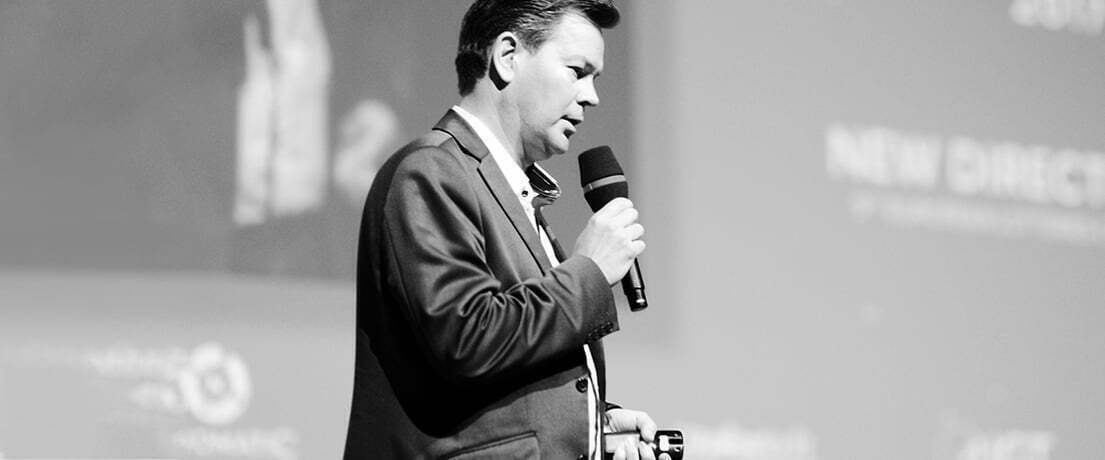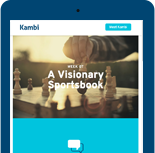

The ‘on-demand’ economy is growing
Competition in the games-of-chance industry is increasing at an exponential rate. The good news for government gaming operators is that they are better positioned than anyone to build the 360 degree relationship with the players than any other gaming sector. That’s because the omni-channel market-place puts the power into the hands of the consumer. And the consumer does not think in terms of channels of distribution. The consumer expects and assumes that their affiliations will be there. Consumers expect intuitive interfaces, seamless experiences and relevant offers. This is the new norm.
Lotteries are poised to personalise the gaming experience
Lottery’s network of retailers, and it’s competency at managing large networks of land-based store-fronts, is the most powerful competitive advantage. Other operators connect with the consumer via the internet. Of course, the internet and mobile are vital links in the omni-channel relationship that is the cornerstone to building the 360 degree relationship with the consumer. That is why all operators are continuing to raise the bar in the world of customer-facing internet and mobile connections. But insofar as all games-of-chance operators strive to build out the most advanced digital platforms, it will be harder to differentiate in the future. The missing link for most other operators than government regulated gaming operators is the land-based connection.
Lottery’s network of land-based retailers is the proprietary advantage that sets them apart from their competitors in the games-of-chance industry.
Grabbing attention is straight forward with sports betting services
The other key to building out the 360 degree consumer relationships is to be the one-stop destination for all games. Lotteries already offer some of the most popular games in the world, but the modern consumers need more. They want convenience, entertainment and a wider service offering. In gaming one critical success factor is to become one gaming destination that fulfils at least most if not all modern consumers’ gaming desires. This also includes i-games of all varieties, games of chance as well as the fastest growing category, Sport Betting.
The modern consumer wants the option to migrate from category to category, to enjoy a variety of gaming experiences. They expect the gaming operator to make it easy for them to do this by providing the broadest and most entertaining portfolio of games. Further to this, modern consumers want more than ever the gaming provider to have trusted and responsible brand.
Scalable, flexible and differentiated
Look at the themes of the two major conference events in Europe this year. One is titled “Digital Transformation in Marketing” (the WLA/EL Marketing Seminar in London in January) and the other was “Renaissance of Retail in Digital Times” (EL Industry Days in Marrakech in June). The host of EL Industry Days, Younès El Mechrafi, put it this way: We don’t need a digital strategy. We need a business strategy for digital times.
At Kambi, our empowerment business model echoes these statements. Kambi adds value by constantly inventing, crafting and packaging the most engaging sports betting experience for end-users – across all channels. This scalable, but flexible model reads through to a personalised experience for consumers.
Retail rules supreme
What about Mobile? Isn’t that the key to the future? Yes, but not as an isolated channel that enables gaming on your smartphone. The importance of Mobile is in its role as unifier of all channels and interactive experience. Mobile has become the intermediary between the consumer and the world, the link to everything we do.
It’s not about a Mobile strategy any more than it is about a Digital strategy. It is about a Business strategy that integrates all channels of distribution, communication, the modern lifestyle, and our products in ways that optimizes the entire consumer experience.
The cross-over appeal of sports betting
Sports-betting is not only the fastest growing gaming category, it also has the social component treasured by the modern consumer. Everyone loves to watch sports together and bet on sports together. And they want a venue, be it the land-based store or online, that enables them to play other games (like Lottery) while they bet on sports.
Adopting sports betting can help state lotteries to grow other business verticals, depending on licensing rules and conditions. Introducing sports betting products can attract a younger audience and encourage cross-over appeal.
The above has brought Kambi and Novomatic Lottery Solutions (NLS) together; joining forces we will help the lotteries to fulfil the modern challenges they are facing in an ever changing world.
For more information about the most trusted brand within government gaming and or sports betting, we look forward to seeing you at the World Lottery Summit in Singapore, Stand C1.
About the author
Joni Hovi is the Executive Director for the lottery sector at Kambi. He has worked in the lottery sector since 2003 and joined Kambi in January 2016.
First published by PGRI on 1st November 2016










